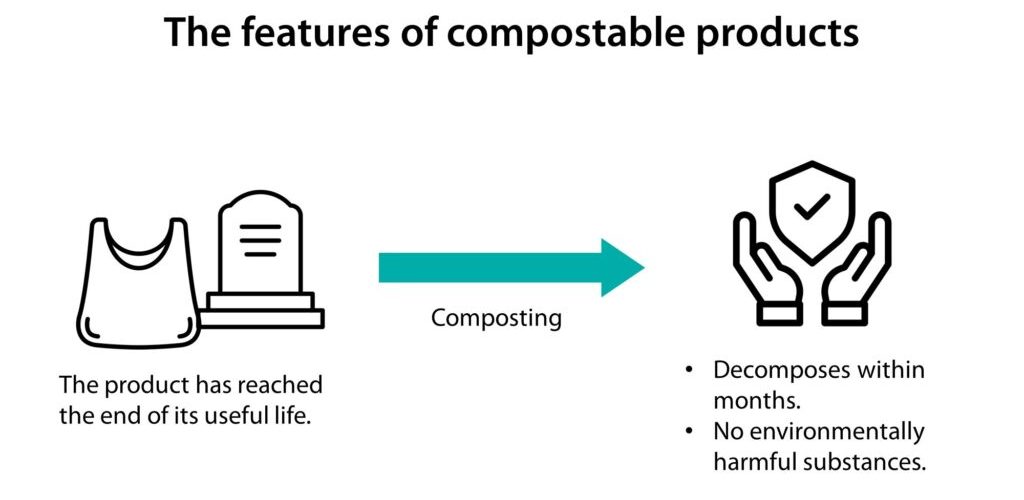Protecting the environment is a collective responsibility that involves individuals, communities, businesses, and governments. Here are some steps you can take to contribute to environmental protection: Reduce, Reuse, Recycle: – Minimize waste by practicing the three Rs. Reduce your consumption, reuse items when possible, and recycle materials like paper, plastic, glass, and metal. Conserve Energy: – Use energy-efficient appliances, turn off lights and electronics when not in use, and consider renewable energy sources such as solar or wind power. Water Conservation: – Conserve water by fixing
Compostable products offer several environmental benefits, contributing to sustainability and reducing the environmental impact associated with traditional, non-biodegradable materials. Here are some key advantages of compostable products: Reduced Waste in Landfills: – Compostable products break down into nutrient-rich compost in composting facilities, diverting organic waste from landfills. This helps reduce the volume of waste in landfills, which can lead to environmental problems such as soil and water pollution. Nutrient-Rich Soil Amendment: – The compost produced from compostable products can be used as a natural
Biodegradable and compostable are terms often used to describe environmentally friendly products, but they have distinct meanings and implications: Biodegradable: – Definition: Biodegradable products are capable of breaking down into natural substances like water, carbon dioxide, and biomass through the action of microorganisms (e.g., bacteria and fungi) over time. – Timeframe: The process of biodegradation can vary widely, and there is no specific timeframe associated with it. Some materials may take months, while others may take years. – Conditions: Biodegradation can occur in various




